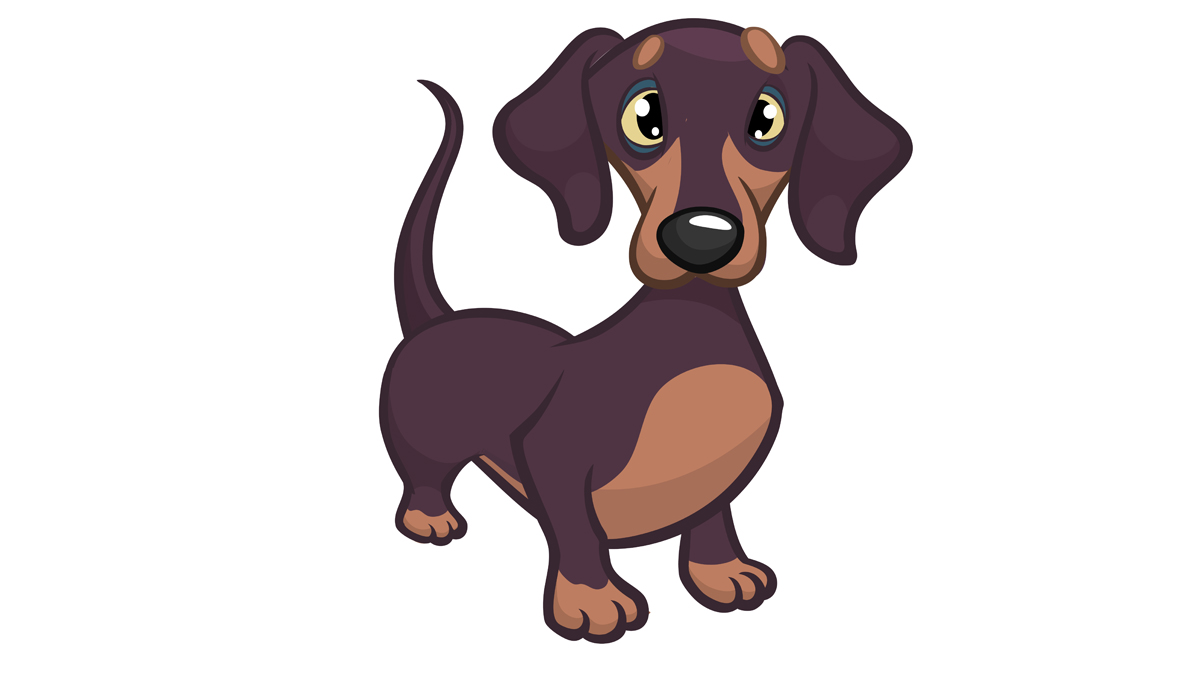Whether it was potatoes and gravy, bites of turkey, cranberry sauce and salad or even pieces of cherry pie, Greenville, South Carolina, resident Harold Moore fondly remembers feeding his family dogs any and every kind of table scrap, especially during the holidays.
“I used to have a yellow Lab and Irish setter,” Moore said. “And we fed them all kinds of treats to give them something special for the holidays.”
But while Thanksgiving and Christmas foods are always tempting to give to pets to make them feel part of the season, veterinarians far and wide are warning that feeding pets table scraps are – and have always been – dangerous to both their health and life span.
“Certain holiday vegetables may be OK, such as unseasoned carrots and green beans,” said Dr. Meera Gullapalli with Lowcountry Vets at Old Town in Bluffton, South Carolina. “However, I do not feel like it is worth the risk or the trip to the ER during the holiday season.”
Her colleague, Dr. Gabi Hamilton, pointed out that some holiday foods and spices are not only risky for a pet, they could cause severe damage or even death.
“Chocolate, grapes, alcohol, bones, nuts, onions and garlic are considered directly toxic to pets and can cause liver or kidney damage,” she said. “Pets run the risk of toxicity or pancreatitis – inflammation of the pancreas. It is treatable, but it is better to prevent it from happening in the first place.”
Both Drs. Hamilton and Gullapalli emphasized that the best approach for pet owners is to adopt the philosophy that “No holiday foods are technically considered safe.”
However, the makers of Nestle Purina pet food encourage feeding your pets certain holiday foods.
For example, in a June 2024 article on Purina’s own web page called “Holiday Human Foods Dogs Can & Can’t Eat,” senior nutritionist Karina Carbo-Johnson states that dogs can eat turkey, chicken, green beans, carrots, cranberries, broccoli, spinach, white potatoes, sweet potatoes and raw pumpkin.
Like Drs. Gullapalli and Hamilton, she cautions not to give dogs onions, garlic, salt, pepper, skin or even bones because “they can do real damage.”
Also off-limits are ham, raisins and any baked goods.
Carbo-Johnson added that pet treats of any kind should only make up 10% of their daily caloric intake – emphasizing that the other 90% should come from a complete and balanced dog food.
If you’re uncertain about the risk to your pet or how to remember what might be safe or unsafe, you might want to consider holiday foods that are specifically made for pets that you can use any time of year. For example, iheartdogs.com, an online platform dedicated to the well-being of dogs, recommends these nine pet-safe Christmas dog treats:
- Wufers dog cookies.
- Zuke’s Mini Naturals Holiday Trees turkey and cranberry recipe dog treats.
- DreamBone Holiday Variety vegetables and chicken dog treats.
- Whimzees dental treats.
- Puppy Scoops holiday ice cream mix.
- Claudia’s Canine Bakery gourmet Christmas dog treats.
- Blue Buffalo holiday Santa snacks with oatmeal and cinnamon.
- Bocce’s Bakery holiday feast treats.
- Portland Pet Food Company gingerbread cookies.
Both Drs. Hamilton and Gullapalli emphasized that if you absolutely can’t resist feeding your pets some form of holiday food, check to see which treats are safe for them.
“You have to always remember that no matter how tempting it is during the holidays to feed your pets from the table, the kind of foods that are good for humans are not always good for dogs and other pets,” Dr. Gullapalli said.
As for Harold Moore, he’s not sure yet how much adjusting he will make this holiday season for his current dog, a dachshund he calls Super Jack.
“I won’t feed him chocolate, eggs, fish or anything that I know could really harm him,” Moore said. “But like my other dogs, I’ll still give him something special to make him feel like part of the holidays.”
By L. C. Leach III







